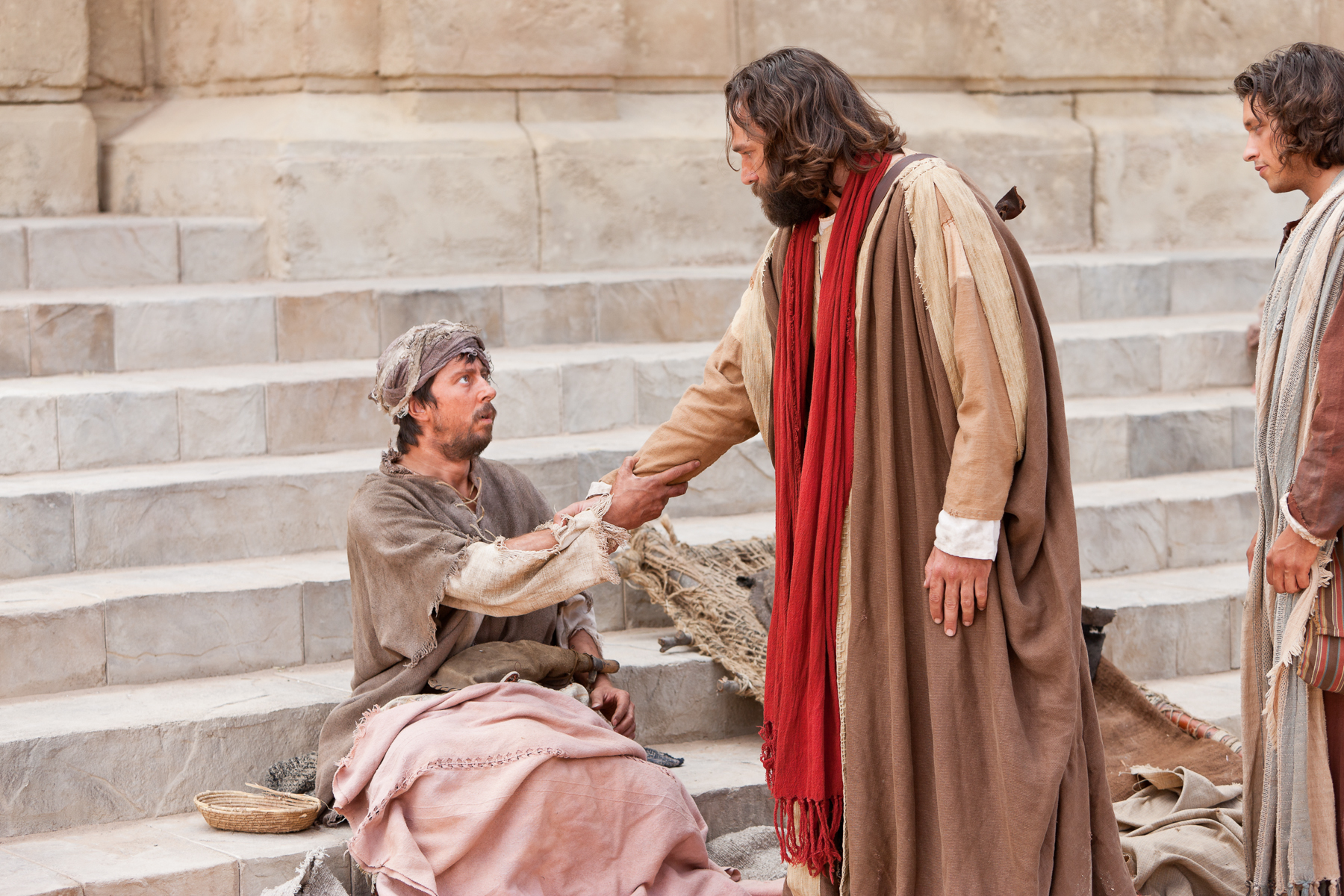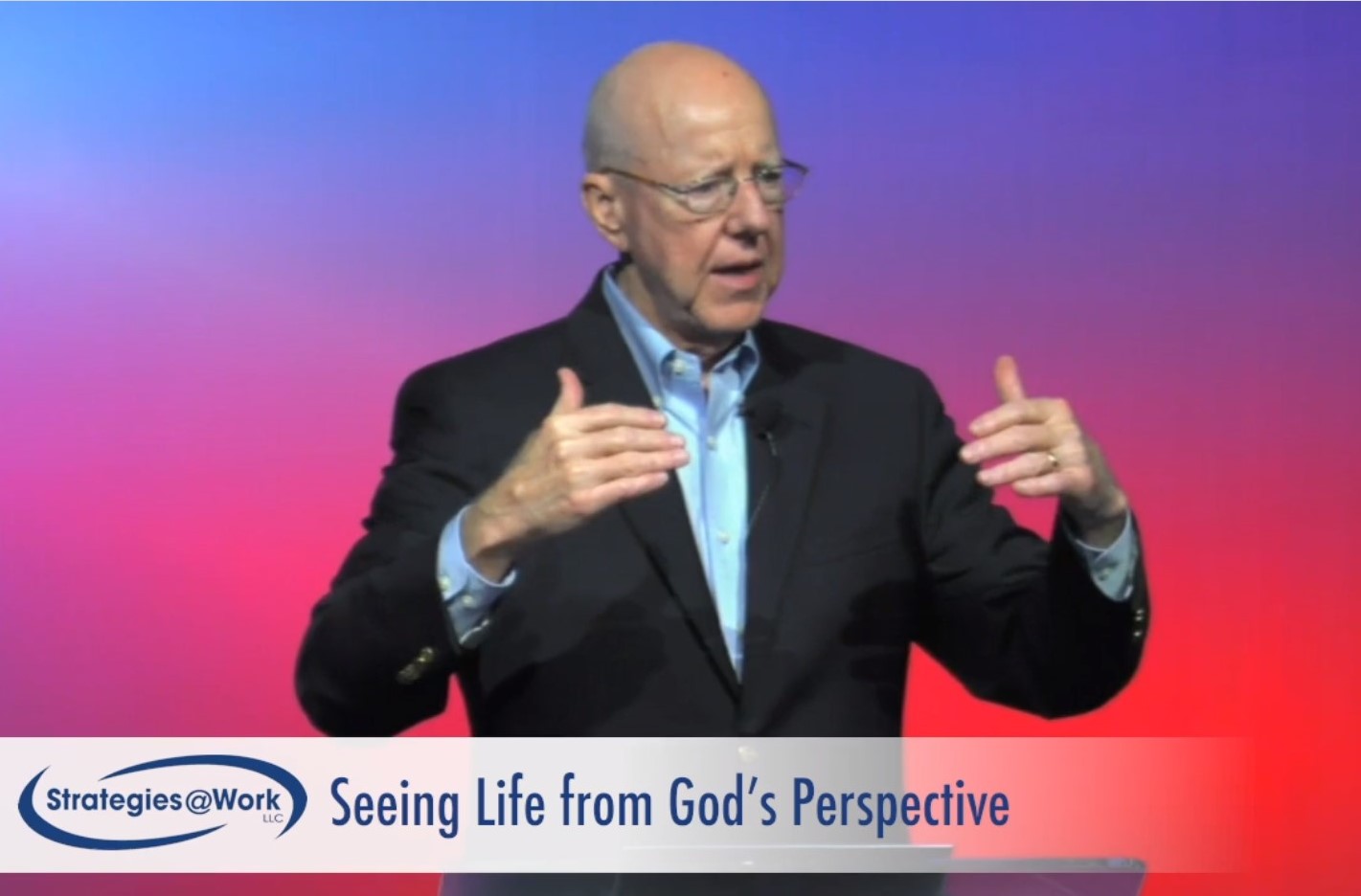 |
||||||
April 1, 2020 |
||||||
Gleanings |
||||||
Suffering for Righteousness |
||||||
by Gerald R. Chester, Ph.D. |
||||||
| In the book The Call by Os Guinness, the author argued that Christians have two callings—a primary call and a secondary call. The former is a call to mature in Christ and the latter is the call to find one’s RACE1—the specific works that God has ordained one to do. Each Christian’s primary call is to become self-governed under God so that one will have the requisite character to find and fulfill the secondary call. To be self-governed under God is to be holistically regulated by Scripture. This requires the transformation of one’s mind through Scripture to enable one to live a sacrificial life of self-denial before God to seek to discern and align with the will of God.2 The predicate for this lifestyle is unmitigated devotion to Scripture following the example of Jesus and his apostles. There are, however, those today who presume to be Christians but denigrate Scripture and exalt the Holy Spirit. They don’t understand the inseparable connection between the two.3 To grow as a Christian requires the understanding and application of Scripture holistically as illuminated by the Holy Spirit. People who claim they don’t need Scripture are disconnected from the Holy Spirit and, therefore, unable to grow in the grace and knowledge of Christ. People who disconnect the Holy Spirit from Scripture are deceived and can only live in the flesh, which means they are unfruitful. An example of the importance of Scripture as the guide to Christian living can be illustrated in one’s view of suffering. The pedestrian view expressed by many professing Christians is that suffering is bad and should be avoided. When suffering, most people ask God to free them from it as quickly as possible. Suffering is, however, part of the call of God. Consider Peter’s directive to the slaves who were the workers of the first century:
Peter said that they were called to suffer for doing good (living righteously) following the example of Jesus. Suffering was part of the apostle Paul’s calling. After his encounter with Jesus on the road to Damascus, God told Ananias that Paul must suffer much for Jesus.4 Furthermore, the apostle Paul stated that suffering for Jesus is a gift that is part of the call to be a Christian, as is the call to believe in Jesus.5 James explained that God uses suffering to sanctify us.6 Traditionally, it is believed that all of Jesus’ original apostles were martyred. During the past decade, nearly one million Christians were martyred.7 The total number of Christians who have been martyred since the time of Jesus is estimated to be seventy million.8 While most Christians will probably not be martyred for their faith, all Christians are called to suffer for righteousness. Therefore, it is important to understand a biblical view of suffering so that suffering is efficacious to accomplish the purpose of God. The key to understanding suffering is Scripture, which articulates the redemptive value of suffering. After the birth of the New Testament ekklesia, the first example of Christians suffering for righteousness was recorded in Acts 4. Peter and John were incarcerated for being God’s agents to effect the healing of a lame man and then they used the healing to testify of the healer—Jesus. Annoyed, jealous religious leaders arrested Peter and John, but the leaders could not find a basis for punishing or detaining them. So, Peter and John were released with only a reprimand. Upon release, Peter and John didn’t cower in fear. Rather, they asked the Lord for increased boldness and divine empowerment to stand for Jesus. Consider their prayer.
This is a community prayer consisting of three components: first the salutation, second the contextualization, and third the request. In the salutation (verse 24) the disciples addressed the sovereign Creator of the universe with awe and respect. The implied understanding was that nothing surprises God or happens outside his will. Therefore, notwithstanding suffering, God is in control and has a purpose. The second component of the prayer is contextualization (verses 25–28), in other words, how should the disciples understand the experience of Peter and John? The best way to contextualize anything in life is to connect the events to Scripture. Psalm 2 provided the basis for their understanding. The persecution of Peter and John was an example of the rebellion by fallen mankind against the sovereign God of creation. Consequently, it is not surprising that Peter and John were arrested for their testimony about Jesus as the Lord and Christ. When one holds up Jesus as Lord over creation, those in rebellion against him will react negatively. And if they have power to inflict harm on the one who bears the name of Jesus, they will. Finally, the prayer request (verses 29–30) was not for deliverance or relief from suffering but for the grace to continue to speak with boldness concerning the resurrection of Jesus. The prayer request was for more divine power to fulfill the call of God, which may include more suffering. The call to suffer for Jesus is part of the secondary calling. It is a universal calling for all Christians, as the apostle Paul taught his spiritual son Timothy.9 To respond well requires Christians to mature in Christ—their primary calling. Maturity in Jesus can only occur when one submits to a holistic lifestyle regulated by Scripture as illuminated by the Holy Spirit. Maturity is the predicate for being willing to suffer for righteousness no matter what the cost. For some, the price of suffering will be higher than others; however, success in life is always measured by obedience to the will and ways of God. May all who call on the name of Jesus become self-governing under God and therefore empowered with the grace to endure suffering for righteousness with boldness and gratitude as part of their calling. ________________________________________ 1. Hebrews 12:1–2. 2. Romans 12:1–2. 3. John 16:7–15. 4. Acts 9:16. 5. Philippians 1:29. 6. James 1:2–4. 7. https://www.foxnews.com/world/nearly-1-million-christians-reportedly-martyred-for-their-faith-in-last-decade. 8. https://www.christiantoday.com/article/70-million-christians-martyred-faith-since-jesus-walked-earth/38403.htm. 9. 2 Timothy 3:12. |
||||||
| Quick links | ||||||
Teaching: Suffering for Righteousness |
||||||
| Upcoming Training | ||||||
Seminar: Financial Management II: Key Principles (Pt 1 of 2) |
||||||
Seminar: Strategic Life Alignment |
||||||
| Recent Trainings | ||||||
| Social Media | ||||||
| Gleanings | ||||||
| Other | ||||||
|
||||||








.png)